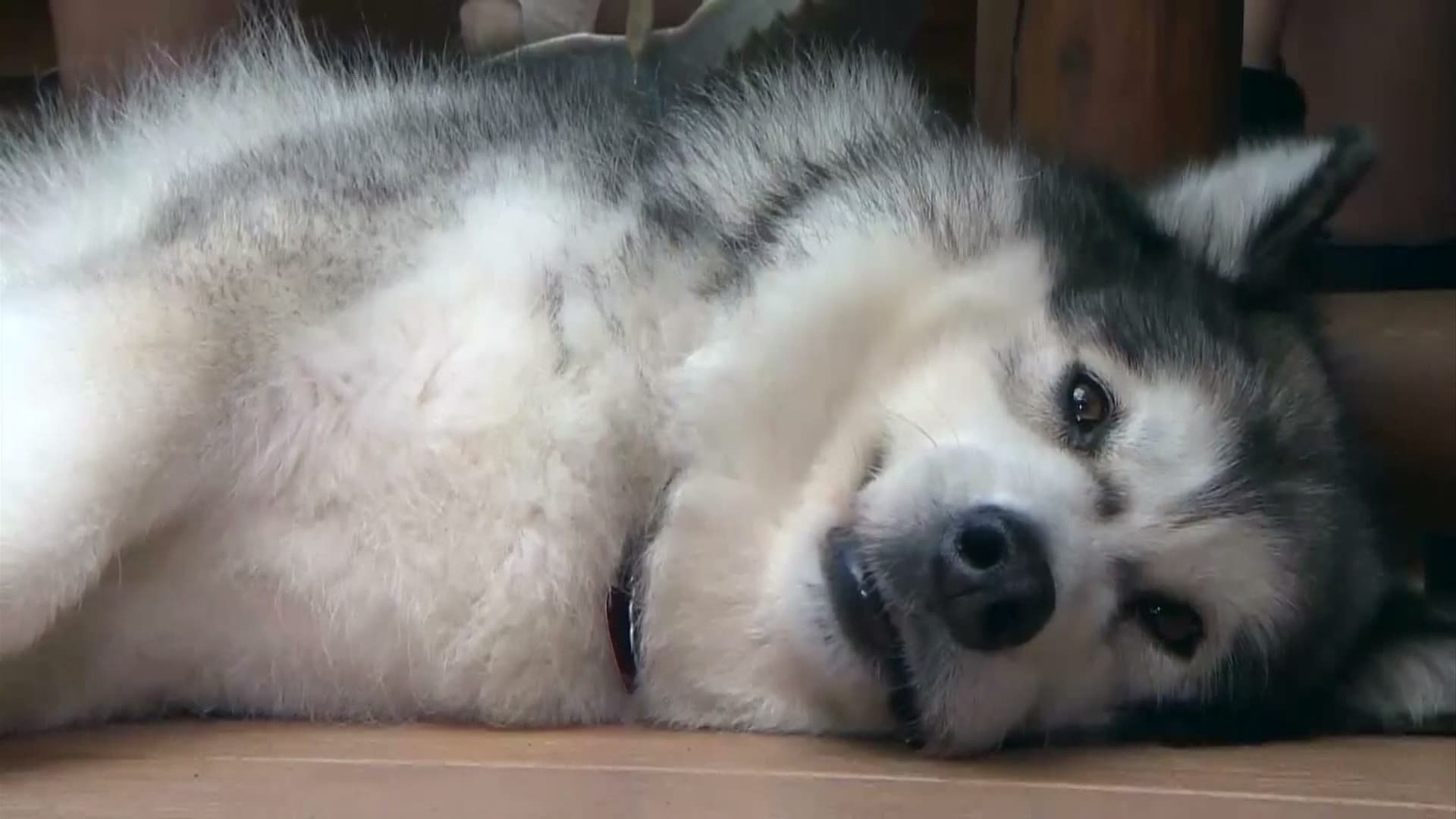To some people, fireworks are a sound of celebration, but for pets, they can be a source of stress.
It's important to know what warning signs you need to look out for in your pet this Fourth of July and how you can make the holiday easier for them.
10TV interviewed Dr. M. Leanne Lilly from The Ohio State University's Veterinary Medical Center.
"Historically speaking, it's one of the times when we see the largest number of dogs go missing from their households," Lilly said. "They bolt through an open door because they're trying to get away from the sound, but turns out, the sound is not in the household and then they're running stray."
Here are some signs your pet may be experiencing stress or anxiety:
- Dilated pupils
- Panting, drooling
- Hiding
- Body language (ears back, hunched down, etc.)
- Destructive behavior
"We can also sometimes see things that are behaviors out of context. So, if you have a [pet] who just keeps doing something that doesn't seem to make sense. It might be going to get a toy, but they don't look like they're happy and playful ... sometimes we can see scratching when pets are nervous. Those might be things that say, 'Oh, this dog is stressed and they might be looking for a way to channel that nervous energy," Lilly said.
The good news is you can help prepare your pet for fireworks. These are some tips:
- Play fireworks noise quietly and pair with treat to help introduce them to the sound
- Put a second barrier between your pet and the door so they don't run out in the street
- Prepare a safe space in a somewhat quiet room with relaxing music and tasty treats
It may sound like a lot of work, but Lilly said reducing stress and anxiety is beneficial to your pet's overall health.
"It's not good for your metabolism, it's not good for your immune system, and long-term there's a physiological cost to that," she said. "So, while one round of fireworks probably won't shorten your pet's life by years, overall, dogs who have significant amounts of fear and anxiety do seem to live on average one-to-three years shorter."
For more information or to see a list of services provided by OSU's Veterinary Medical Center, click here.

